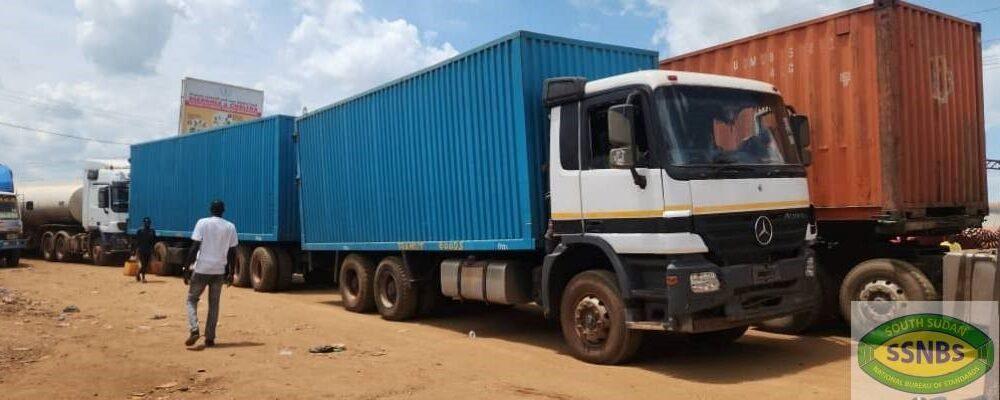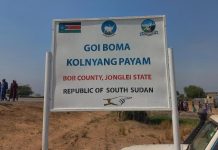Africa-Press – South-Sudan. The South Sudan National Bureau of Standards (SSNBS) on Sunday ordered the return of three trucks carrying maize grains and beans deemed unfit for human consumption to Uganda.
The five trucks were detected at the Nimule border during the inspection by the Bureau of Standard technical team, according to a statement issued by the regulator on Sunday.
Trucks were carrying aflatoxin-contaminated maize grains, flour, and insect-infested beans.
“Two trucks carrying maize flour and maize grains were re-exported to the country of origin after laboratory analysis confirmed levels above the permissible limits for human consumption,” partly reads the statement.
“One truck carrying beans was rejected due to the presence of live insect infestation, rendering the product unfit for trade and consumption,” it said.
In accordance with its responsibility to protect public health, the Bureau of Standards stated that it conducts routine inspections and conformity assessments around the clock at all designated ports of entry.
SSNBS reaffirms its unwavering commitment to protecting consumers, promoting fair trade, and ensuring that only safe, high-quality goods are allowed into the markets of the Republic of South Sudan.
Recently, the South Sudan National Bureau of Standards (SSNBS) tightened its grip on substandard goods, particularly items unfit for human consumption.
For example, in June alone, the Bureau of Standards returned five trucks, two carrying insect-infested imported sorghum and three trucks carrying maize flour tainted with a high level of aflatoxin, to their country of origin.
Similarly in May, a consignment of 11 substandard fuel trucks had been intercepted at the Nimule border point and re-exported after being found to be non-compliant with the relevant East African Standards, just to mention a few.
SSNBS underlined its constant determination to ensure that only quality-assured and standards-compliant products enter the South Sudanese market.
For More News And Analysis About South-Sudan Follow Africa-Press






